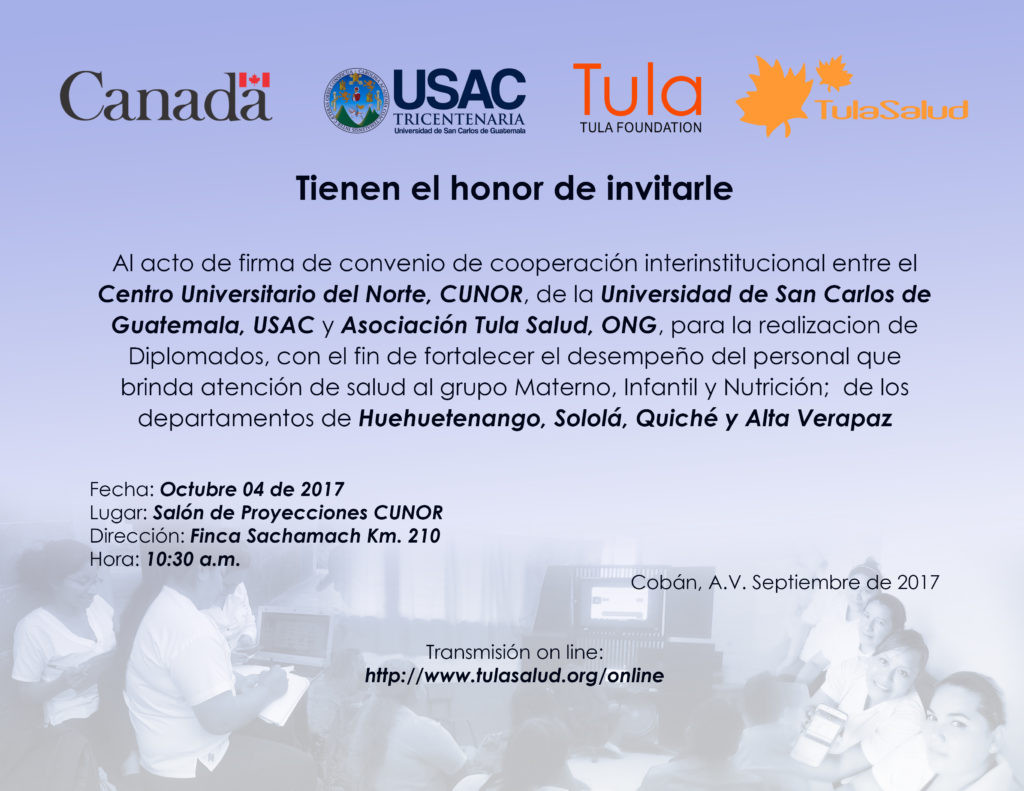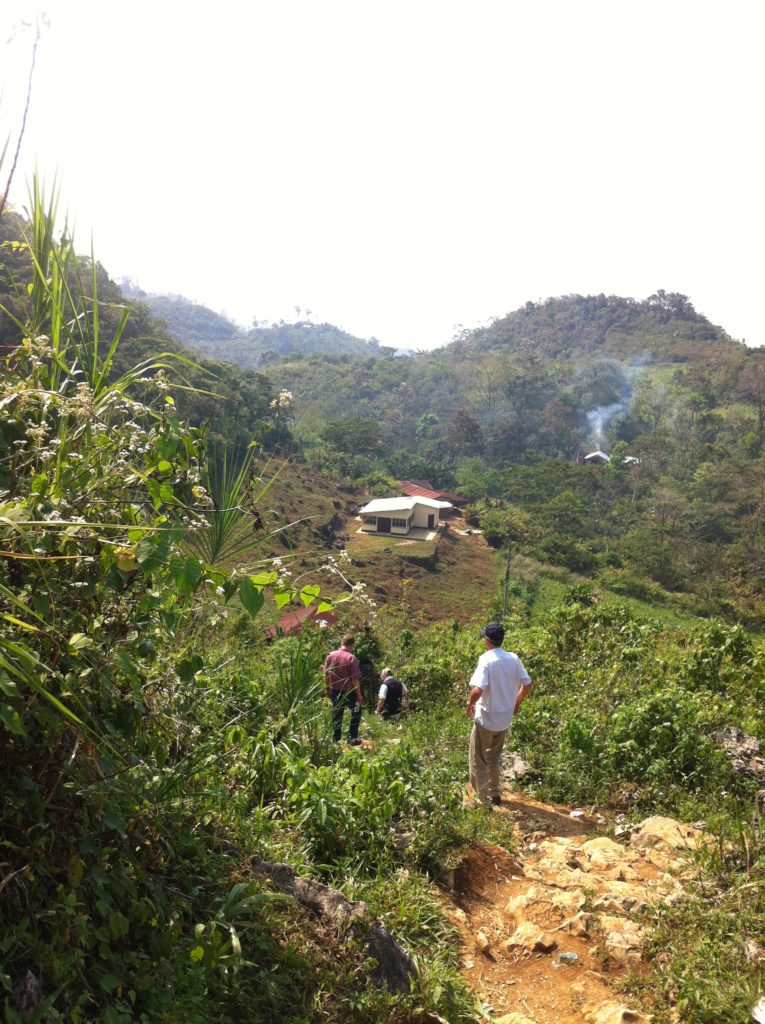September 28th, 2017 | By Eric Peterson
Gender Equality
Women and young girls in Guatemala, especially those living in remote indigenous communities, often fare worse than their male counterparts in terms of poverty, access to education, and health.
Gender Equality
Women and young girls in Guatemala, especially those living in remote indigenous communities, often fare worse than their male counterparts in terms of poverty, access to education, and health. These barriers further undermine their career prospects, access to and control of resources, and control over sexual and reproductive health decisions. As an indication of this vulnerability, women and girls in Guatemala face amongst the highest rates of gender-based violence, femicide (killing of women on the basis of gender), malnutrition, and maternal and infant mortality in Latin America.The Tula Foundation recognizes the importance of gender equality as a key point of action in the push for equitable access to health services. For this reason, we promote gender equality and the empowerment of women and girls to realize their full human potential and rights as a cross-cutting priority within our work. Not only does this include increased access to health services for women and girls in remote indigenous communities, but also the preservation of human dignity that comes with enabling women to possess greater skills, economic opportunities, and control over their own resources and sexual and reproductive health choices.
This principle of recognizing women and girls as not only beneficiaries, but also project implementers and users, has guided our work in Guatemala since day one and is best exemplified by staff at TulaSalud. Estela Cojoc Suram is the technical coordinator with TulaSalud’s Distance Education Department. She identifies as an indigenous Mayan who grew up in a remote community with a family of three sisters and two brothers. Estela was fortunate to have parents that encouraged and supported all of their children to pursue their dreams. As a result, Estela trained as a public health nurse, and supported Guatemala’s Ministry of Health at institutional and community levels before starting her work with TulaSalud. Estela sympathizes that this is not often the case for many young indigenous girls in remote communities, whose ambitions are limited by gender inequalities.
Consistent with the Tula Foundation’s gender equality goals, Estela strongly believes in creating favourable social environments and professional opportunities for girls to pursue their dreams. As part of her work with TulaSalud, Estela advocates for gender equality by encouraging young women to partake in distance education programs that can be accessed near their remote communities. Not only does this provide opportunities to young women, but also facilitates a more balanced gender representation amongst community health workers. In the past, Estela and her colleagues at TulaSalud ran campaigns to directly appeal to adolescent girls, encouraging them to develop personal and professional skills and set examples for their peers. These activities are intended to promote transformative change for women and young girls in Guatemala, and facilitate equal opportunities for participation in their communities.

